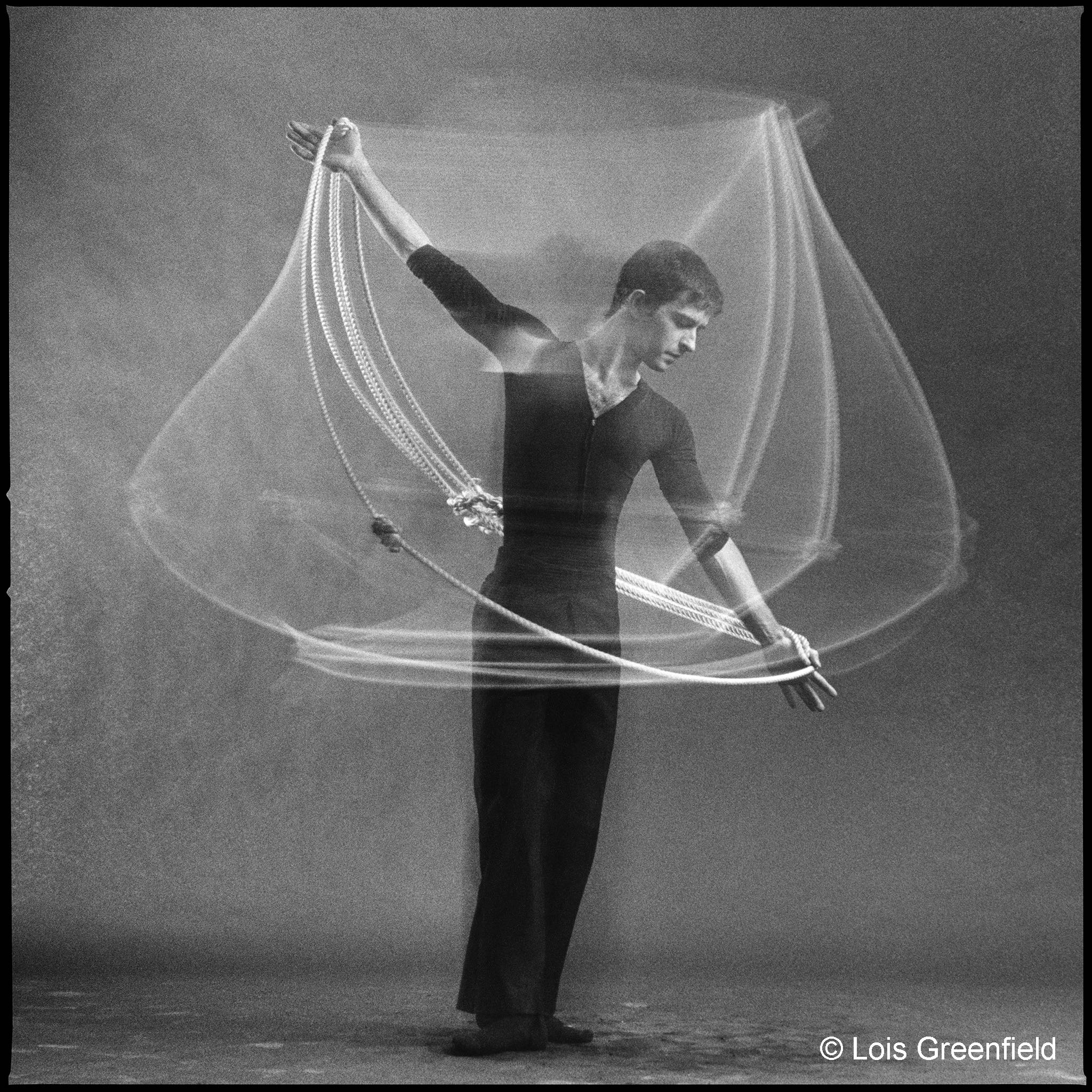Andy de Groat (1947-2019) in the United States into a family of Dutch, Italian, French, German and English origins. While studying at the New York School of Visual Arts in 1967, he met the director Robert Wilson, joined his troupe as a performer, then dancer and choreographer for all productions from Deafman Glance in 1971, A Letter for Queen Victoria in 1974 to Einstein on the Beach in 1976, created for the Avignon Festival. In 1981, he received a grant from the Guggenheim Foundation in New York for his choreographic research. He created new works in succession for his company red notes, including several for Jean Guizerix, Wilfride Piollet, Jean-Christophe Paré, the Choreographic Research Group of the Paris Opera (GRCOP), the Scala in Milan, the Ballet du Nord (Roubaix), all five French national dance conservatories, innumerable workshops, and creations and repertory for Wah Loo Tin Tin Co., a Montaubanbased company of young performers. His work totals over sixty creations that have been presented in twenty countries and have periodically questioned the repertory and heritage of dance. His company worked regularly on lyrical productions starting in 1988, such as The Magic Flute (Mozart) with Robert Wilson at the Opera Bastille, Paris, The Rake’s Progress (Stravinsky) with Alfredo Arias for the Aix-en-Provence Festival of Lyric Art and at the Operas of Lyon, Genoa and Montpellier, Aïda (Verdi) with Klaus Michael Grüber for the Amsterdam Opera. He was nominated Officer in the Order of Arts and Letters in 1985, and Commander in 2000.


